Why make masks?
An argument for masks
As we have watched the COVID-19 pandemic move to the United States, we have seen the images of the public in China, South Korea, Singapore, Hong Kong and other countries in the East wearing masks. Most of us assumed that they were trying to protect themselves. They are, but they are just as concerned about protecting their neighbor, their community and their nation. They recognize their duty to others and honor it. The mask is a symbol of their solidarity.
Meanwhile, in the West, the public gets very mixed messages about the masks' efficacy. Evidence suggests that the mask is rather effective in protecting the transmission of disease from one person to another. If I wear a mask, I am protecting you more than I am protecting myself. The only European countries I am aware of that are requiring people to wear masks if they leave their homes are the Czech Republic., Slovenia, and Bosnia-Herzegovina. Austria requires people to wear masks in the supermarket. Health officials often note that there is little scientific evidence that wearing masks is effective. Significantly, the British medical journal the Lancet notes that there really aren’t any significant studies that have researched the question but that does not mean that they don’t work.
I cannot help but think that much of the Western resistance to masks is more cultural than scientific. Asian countries, even China, if their data is even close to accurate, have done a better job of containing the pandemic than Western countries on the whole. Maybe we should listen to them. In an interview with Science Magazine, Dr. George Gao of the director-general of the Chinese Center for Disease Control and Prevention (CDC) comments, “ The big mistake in the U.S. and Europe, in my opinion, is that people aren’t wearing masks. This virus is transmitted by droplets and close contact. Droplets play a very important role—you’ve got to wear a mask, because when you speak, there are always droplets coming out of your mouth. Many people have asymptomatic or presymptomatic infections. If they are wearing face masks, it can prevent droplets that carry the virus from escaping and infecting others.”
When asked about masks, Western doctors answer the question presuming that the interviewer is asking if masks will protect the wearer. Eastern doctors are answering the question will masks protect the whole of the public. Pandemics reveal the weakness of Western individualism. In a pandemic, there is no one “I”. It is “we” or none. If we do not consider the community first, we cannot protect our individual selves.
Due to the shortage of surgical masks, public health officials are also reticent to recommend them for fear of making it even more difficult to protect healthcare workers. However, many of us have been offering a solution to that. Here are instructions on how to make a filtered mask that can protect all of us a little better.



